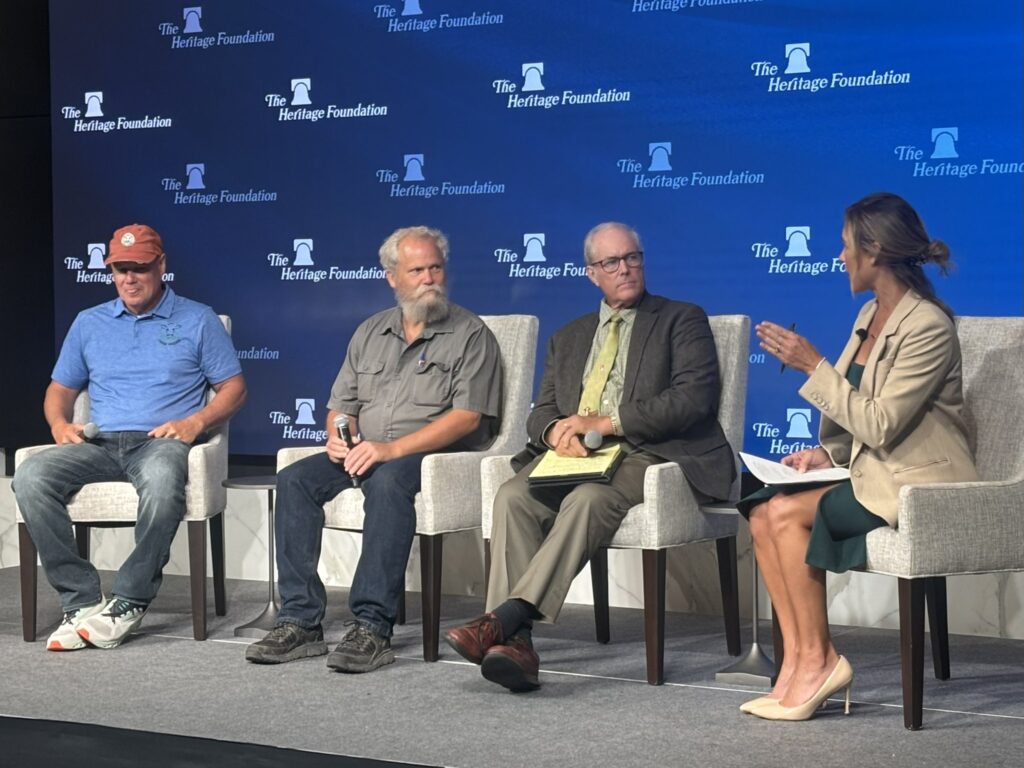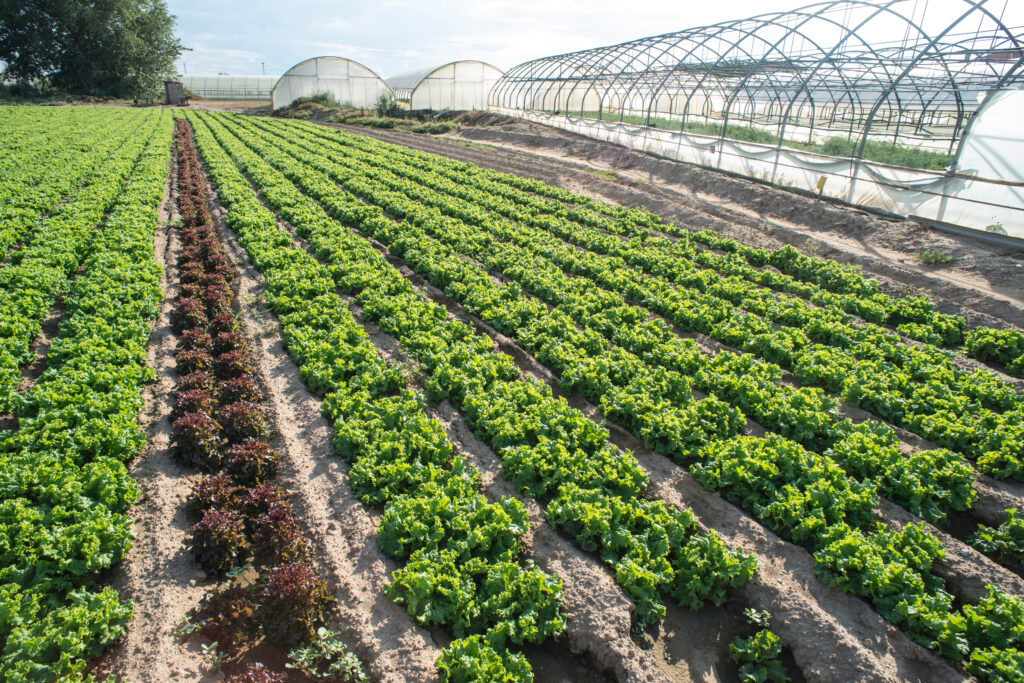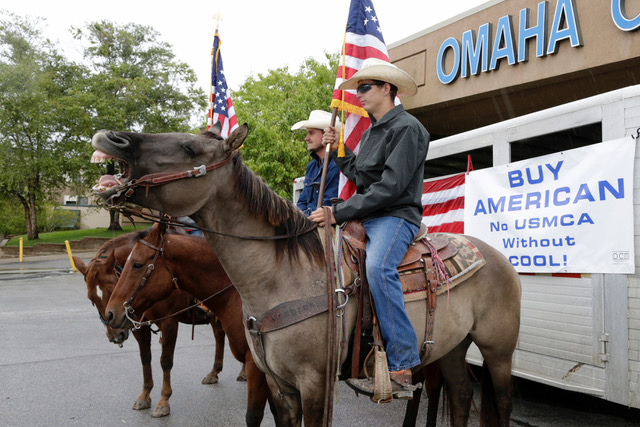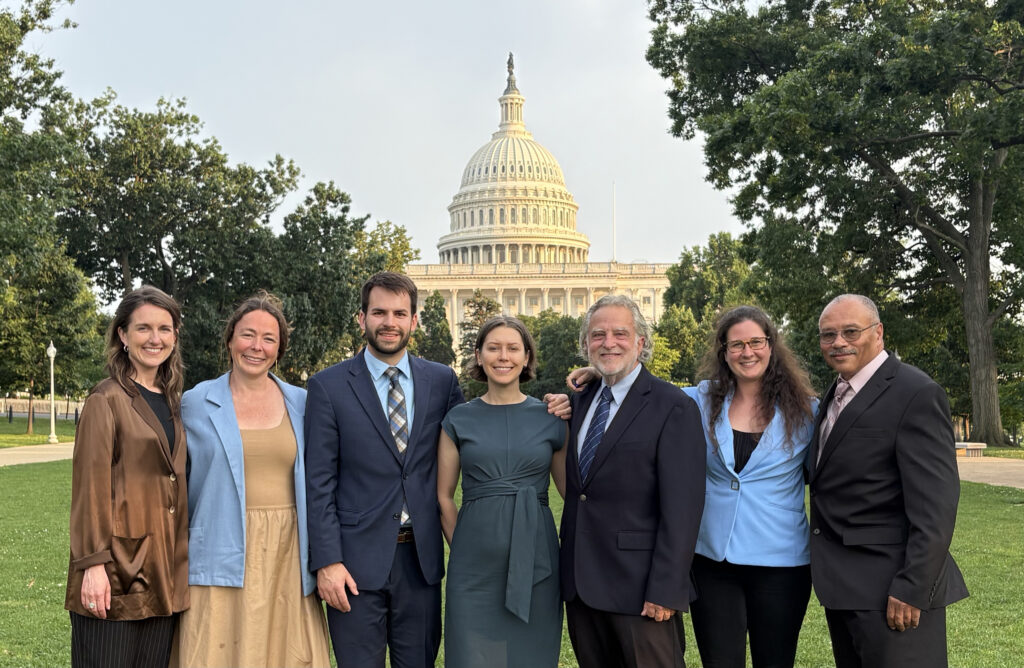How We Make Healthy Farming America’s New Normal
This week, we joined farmers, entrepreneurs, and advocates at The Future of Farming: Exploring a Pro-Health, Pro-Farmer Agenda, hosted by the Heritage Foundation and American Regeneration. The conversation was full of vision, passion, and bold ideas for making regenerative agriculture the norm in America.
One panel in particular—“Is Regenerative Agriculture Sustainable at Scale?”—brought together three leaders with on-the-ground experience: Rick Clark, Joel Salatin, and David Stelzer. Each was asked the same closing question:
What policy change would make it easier for farmers to transition to regenerative practices, and for our culture to embrace them?
Rick Clark: Regional, Farmer-Led Soil Health
Clark called for a peer-to-peer, regional approach to soil health: divide the U.S. into nine regions, each with an “ambassador” who trains educators, who then work directly with farmers to implement practices tailored to their geography, climate, and readiness.
Farm Action’s take: We’re calling for similar locally adapted, farmer-led research and technical support. It’s the fastest way to scale healthy soils while respecting farmers’ unique circumstances and experience.
David Stelzer: Breaking the Commodity Trap
Stelzer described how current farm programs trap farmers in commodity systems where subsidies and crop insurance often outweigh actual crop sales. He urged redirecting even 1% of farm and medical subsidies toward regenerative agriculture research and soil biology.
Farm Action’s take: We agree—it’s time to reform subsidies so they reward farmers producing healthy food, not just industrial commodities. The MAHA Commission must urge the U.S. Department of Agriculture (USDA) to retool federal support to grow more produce here at home.
Joel Salatin: A “Food Emancipation Proclamation”
Salatin called for freeing farmers to sell directly to neighbors without government overreach and prohibitive licensing costs, which can run into the hundreds of thousands of dollars.
Farm Action’s take: Local food systems are healthier food systems. We support cutting unnecessary red tape for independent producers and strengthening small-scale processing infrastructure.
Farm Action’s #1 Policy Priority: Leverage Government Procurement
If there’s one lever we’d pull to put farmers at the center of our nation’s health, it’s government food procurement. Public institutions—schools, hospitals, correctional facilities—spend billions on food every year. Directing even a fraction of that spending to regenerative, local producers would create stable markets for farmers, improve community nutrition, and invest taxpayer dollars in a resilient food system.
Building the Future of Farming, One Policy at a Time
We’ve submitted a full set of policy recommendations to the MAHA Commission, designed to put farmers at the center of our nation’s health strategy. Our vision is a food system where the people who grow our food—and the communities they serve—hold the power, not multinational corporations propped up by government policies that undermine farmers and communities.
With the right policy changes, the ideas shared on this panel can move from inspiration to implementation—transforming agriculture, strengthening rural economies, and improving public health.




